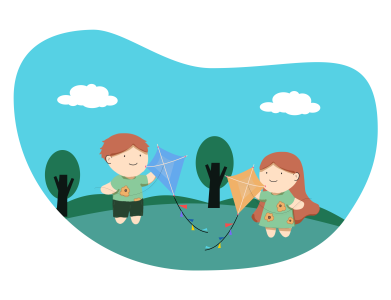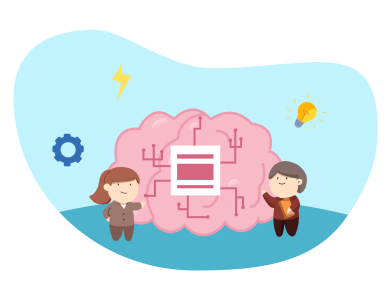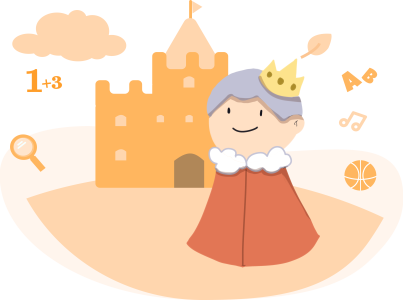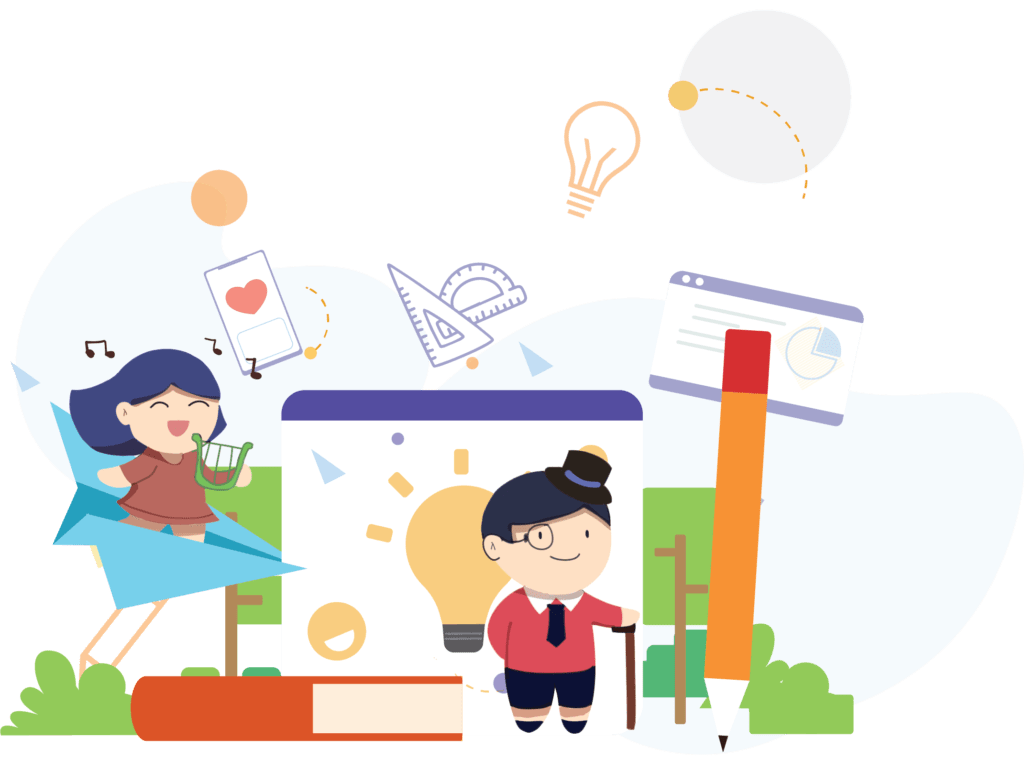Students and working professionals alike might benefit from gaining insight into their preferred learning methods and memory techniques. Metacognitive skills allow for more introspective, self-aware processing and memorization. You can begin making an effort to acquire and retain knowledge more effectively by learning the many forms of metacognitive skills and how to enhance your own. Learn what metacognitive skills are and why they’re useful, see some examples, and get some advice on how to develop your own.
What are Metacognitive Skills?
Metacognitive skills enable you to monitor and regulate your own learning and problem-solving processes. One definition of metacognitive skills is the ability to reflect on one’s own learning processes and gain insight into the gaps in one’s knowledge.
It is common for children to begin developing the metacognitive skills that will later help them succeed in school. People keep getting better at these skills throughout their teen years and into adulthood as they move from school to the workforce.
There are three main areas in which metacognitive skills are used in the classroom:
Planning Phase: Students are tasked with asking themselves questions such as “What do I want to learn?” “What do I need to focus on to learn?” and “How long do I have to study this to get it?”
Monitoring Phase: Students reflect on their learning and ask questions about their progress, including whether they should slow down or speed up their learning based on the subject’s difficulty and if they need more support from their instructors.
Evaluation Phase: Individuals conduct self-evaluations of their learning abilities throughout the monitoring stage. Students should consider the flexibility of their new knowledge in other contexts, identify problem areas where they need to devote more time and effort, and consider what they could have done differently to get the most out of their educational experience.
Why are they important?
Understanding one’s own learning processes and developing strategies for efficient learning are two reasons why metacognitive skills are so valuable. Furthermore, metacognitive skills help in the acquisition and retention of knowledge, whether for personal or professional development. This is because they know what they can do to do better in school.
Students who have good metacognitive skills are in control of their own learning, which gives them the power to do their schoolwork more quickly and effectively.
Examples of Metacognitive Skills

Metacognitive skills include a wide range of traits that make it easier to learn, find tasks, solve problems, and evaluate oneself. Here are a few examples of metacognitive skills:
Task Orientation
Develop a sense of task orientation as a way to help you reach a bigger goal or finish a bigger project.
Goal Setting
Goal-setting is the process of establishing and working to achieve certain objectives over a specified time frame. Those who wish to enhance their metacognitive skills should pay special attention to cultivating this quality. Goal-setting is a useful technique for preparing for, navigating, and reflecting on learning events.
Organizing and making preparations
To learn more efficiently, you should first consider what you need to learn and then figure out how you will learn it. Because of your ability to strategize, you can create a solid groundwork for learning and remembering new material.
Problem-solving
Problem-solving is a metacognitive skill because it requires the person to think about their own learning environment, how they think, and how well they know the subject matter. Once they know where they stand, they can utilize their problem-solving abilities to create solutions, such as new study habits, cognitive activities, or further practice on a given topic.
Self-evaluation
The ability to critically assess oneself is important in the metacognitive process. You can recall the steps you took to master the material or finish the job. It’s a great way to determine how well you can concentrate. You can improve your awareness of your learning strengths and weaknesses by engaging in regular self-evaluation.
Self-correction
Self-correction is an example of a metacognitive skill since it requires you to analyze your own learning processes in order to detect flaws and develop strengths. If you work on the weak spots now, you’ll be ready to make the necessary adjustments when comparable situations emerge in the future.
Concentration
The ability to focus on the work at hand requires the use of a metacognitive skill known as concentration. Moreover, the capacity to focus your attention is a key indicator of how well you will absorb and remember new knowledge.
Methods for Enhancing Metacognitive Skills
There are several ways to improve one’s learning and memory capabilities. The following are some of the most important strategies for developing your metacognitive skills, which can greatly benefit your academic and career pursuits:
1. Identify your preferred method of study.
Understanding your own learning style is the first step in developing your metacognitive skills. When you know what kind of learner you are, you can adjust your study space, your study methods, and your progress evaluations to maximize your success. There is no “right” way to learn; rather, several approaches can be equally effective. The various approaches to learning are as follows:
- Visual learner
- Verbal learner
- Kinesthetic learner
- Aural learner
- Mathematical learner
- Solitary learner
- Social learner
2. Train yourself to dig for hidden meanings in what you read.
Investing time in reading books, articles, or poetry can also help you develop your metacognitive skills and increase your self-awareness. Take notes on your thoughts or comments about what you’re reading. Before moving on to the next passage, force yourself to consider multiple interpretations of the text and the reasoning behind each. Using this technique, you can have a better grasp on deriving meaning from text and assessing the efficacy of your reasoning processes.
3. Connect different activities to a broader objective.
Understanding the significance of a given activity toward the achievement of a wider objective is a key component of metacognitive learning. If you want to do well in college, it’s a good idea to do whatever you can to help yourself succeed, such as evaluating your work with a tutor and doing extra practice tasks.
4. Before beginning a project, create a detailed outline.
To take part in the metacognitive process of planning, simply write down the actions you plan to take to complete a task. This is a crucial stage since it enables you to focus your efforts where they are most needed.
5. Set up a comfortable learning environment for yourself.
Different people have different ways of absorbing information. The best way to learn for some people is in a group setting, while others learn best when given the opportunity to focus entirely on their own tasks. While some prefer music to silence when they study, others find that both are necessary. You may improve your mental ability and self-reflection on your metacognitive skills by designing an optimal learning environment.
6. Evaluate yourself.
Evaluation is the final stage of metacognitive skills. A self-evaluation paper, either created from scratch or based on a template, can help you assess the quality of your learning experience and make intelligent choices about how to enhance it in the future.







